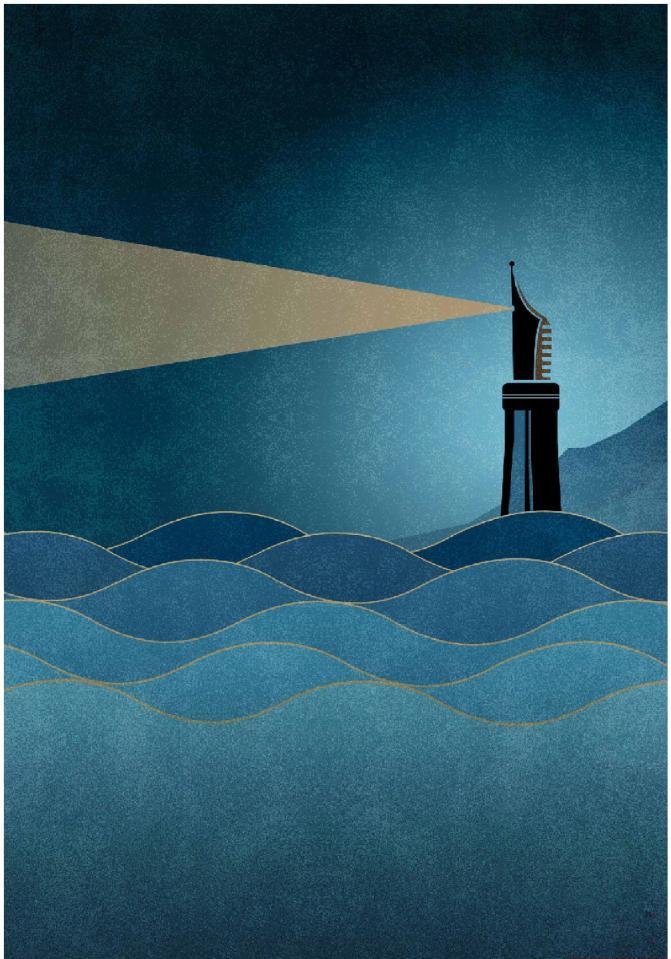
The picture shows the poster of "Swim until the Sea Turns Blue".
2021 is the year when cinema returns to literature.
Since the beginning of the year, many highly anticipated Chinese masterpieces have been related to literature. The suspense film "Soul Hunting", which was released at the beginning of the year, is based on Jiang Bo's novel "Soul Transfer"; the fantasy masterpiece "Assassination of a Novelist" released during the Spring Festival is adapted from the young writer Shuang Xuetao's "Aviator"; the literary documentary "Swim All the Way to the Sea Turns Blue" released in the Mid-Autumn Festival is a love letter from Jia Zhangke to literature; "Antiques Bureau Central Bureau" released in early December, the story is derived from Ma Boyong's novel of the same name; "Flames on the Plain", which was originally scheduled to be released in the Christmas file but regrettably postponed, is also adapted from Shuang Xuetao's novel " Moses on the Plains". If you also count the online movies made of online novels, this list can be listed longer.
At first glance, literature once again feeds back the film. Looking back at history, the marriage between Chinese cinema and literature began from the moment film was introduced to China in the early 20th century. Zhang Yimou once said: "To see whether Chinese films are prosperous or not, we must first look at whether Chinese literature is prosperous or not." Chinese cinema began to go international in the 1980s, and literature played a great role in it. Looking back at these classics, it is beneficial to the integration of film and literature in the future, and let's take a look at the past of light and shadow in this forty years. (See A10-11 for details)
Special article: Nandu reporter Liu Yifan Intern Mei Lingshuang Guo Yonglin